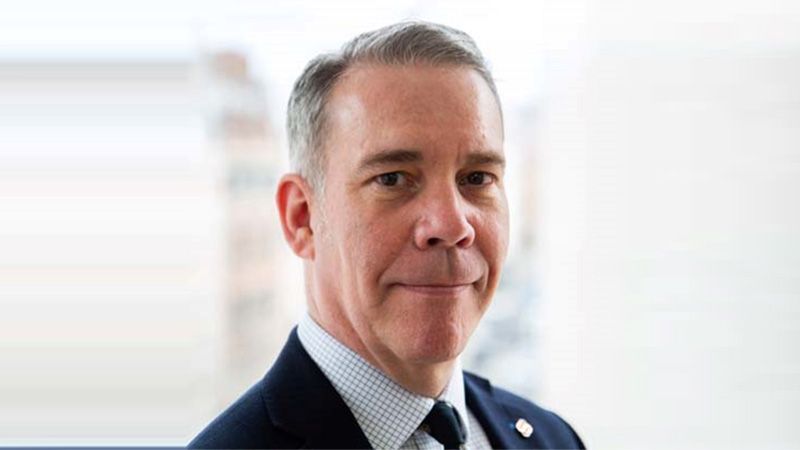The role of fund managers has expanded beyond seeking financial returns. They are now key players in addressing global environmental and social challenges. This transformation is driven by the recognition that sustainability aligns with societal values and boosts long-term financial performance. Through stewardship activities and a commitment to ESG principles, fund managers are increasingly acting as powerful agents of change – not only because they can, but because it’s also good for business.
Fund managers should maximise financial returns for their clients. Today, this traditional fiduciary duty assumes a fuller dimension through the increased interconnectedness of financial performance and the environmental and social impact of their investments. This shift has been driven by several factors including investor demand (as more investors seeking to align their portfolios with environmental, social and value driven considerations), increased regulatory initiatives (government initiatives driving private capital into sustainable solutions) and “reputational incursions” as fund selectors and the media become more attuned to calling out fund managers for not flexing their stewardship muscles.
Fund groups, as significant shareholders, play a crucial role in holding companies accountable and encouraging them to adopt more sustainable practices. It is important for responsible investing teams to monitor this and Square Mile does so through 3D, a proprietary scoring system that aims to measure a fund and fund group’s capacity to lead change within its investee companies. Through a series of questionnaires and in-person meetings, analysts pose challenging questions to the fund groups on their capacity and willingness to invoke positive change. At a high level, we have seen consistent improvement in the metrics we assess, with fund groups often highlighting innovative ways they are driving, measuring, and reporting their stewardship activities.
Stewardship refers to the responsibly managing investments for clients through active engagement to drive positive change. Fund managers promote better ESG practices by communicating with company management, participating in shareholder meetings, and voting on key issues. For example, a fund manager might push a company to reduce its carbon footprint, improve labour practices, or enhance board diversity. EdenTree Investment Management is a fund manager that has been driving positive change within water systems for several years. It has engaged with two investee companies – Anglian Water and Severn Trent, on issues ranging from environmental performance, reduction of environmental incidents, and water pricing, which have been lauded for their positive outcomes.
Fund managers can exert influence on important decisions companies make through voting. This might include voting on executive compensation, board appointments, or environmental policies. By using their voting power, fund managers can push for changes that align with robust ESG principles. M&G, in its annual stewardship report, highlighted how it used voting and engagement to improve boardroom diversity. One example is its engagement with Wilmington, a British intelligence, training, and education provider, regarding its plan to meet the FCA’s requirement of 40% board diversity by 2025. Following this constructive dialogue, M&G supported a shareholder resolution on board composition, demonstrating how voting and engagement together can drive positive social change.
Fund managers often collaborate with other investors, their investee companies (and components in their supply chains) to redress poor practices. Investor coalitions focused on climate change or social equity, have proven effective in driving corporate change. CCLA’s Find it, Fix it, Prevent it initiative is a commendable one. Modern slavery involves the exploitation of workers by corporations and intermediaries who abuse employment practices and vulnerable people to access cheap labour. Through CCLA’s initiative, signatories are provided with the education and expertise to identify and stop modern slavery within their supply chains. CCLA recently invited me and industry peers to tour a best-practice strawberry farm it invests in. Here, the farm’s management illustrated potential labour supply chain risks and outlined the impressive work it undertakes to eliminate the sourcing of seasonal staff from predatory recruiters, complex and unreliable visa applications, and hidden costs. While this issue is more widespread than many realise, collaboration among NGOs, charities, and investors shows potential for its eradication.
Fund managers with a stewardship mindset focus on long-term value creation, recognising that companies neglecting environmental and social issues face increased risks, regulatory penalties, reputational damage and ultimately, share price erosion. By promoting sustainable practices and integrating ESG criteria, fund managers help build more resilient companies while driving systemic change in financial markets.
Increasingly, fund selectors have established this as a key consideration in deciding which fund managers we seek to build relationships with.








